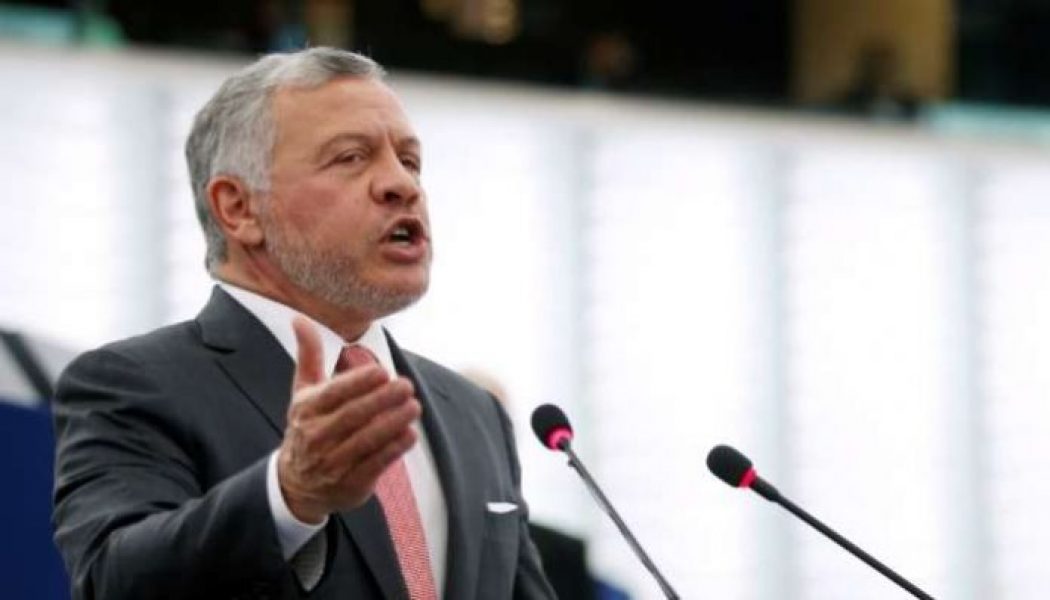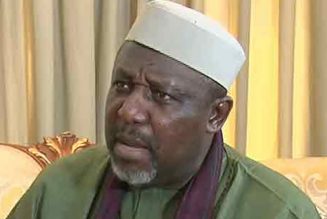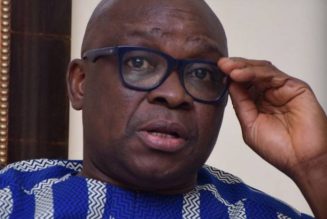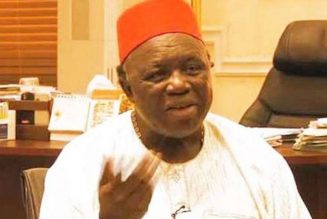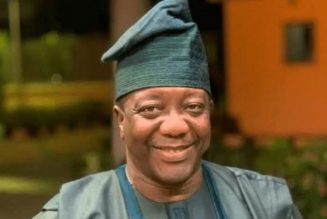
Election comes amid popular discontent over economic woes worsened by COVID-19 and corruption allegations.
Jordan’s King Abdullah has dissolved parliament, paving the way for an election in November.
Under constitutional rules, the government must resign within a week.
In July, Jordan’s electoral commission set November 10 as the date for a parliamentary election after the monarch called for countrywide polls to be held at the end of the parliament’s four-year term.
The king issued a royal edict ordering the dissolution of parliament effective on Sunday. The assembly comprises 130 legislators, mainly pro-government tribal officials, businessmen and ex-security officials.
The move is likely to be followed by a wider government shake-up to ward off popular disenchantment over economic hardship worsened by the economic blow dealt by the coronavirus pandemic and over allegations of official corruption.
King Abdullah appointed Prime Minister Omar al-Razzaz in 2018 to defuse the biggest protests in years over tax increases pushed by the International Monetary Fund (IMF) to reduce Jordan’s large public debt.
The Parliament of Jordan has legislative powers but many in the country see it as little more than a rubber-stamp body comprised mostly of businessmen or individuals with tribal affiliations.
Constitutionally, most powers rest with the king, who appoints governments and approves the legislation.
The main political opposition in the country comes from a party drawn from the ranks of the Muslim Brotherhood movement, but it faces legal curbs on its activities.
